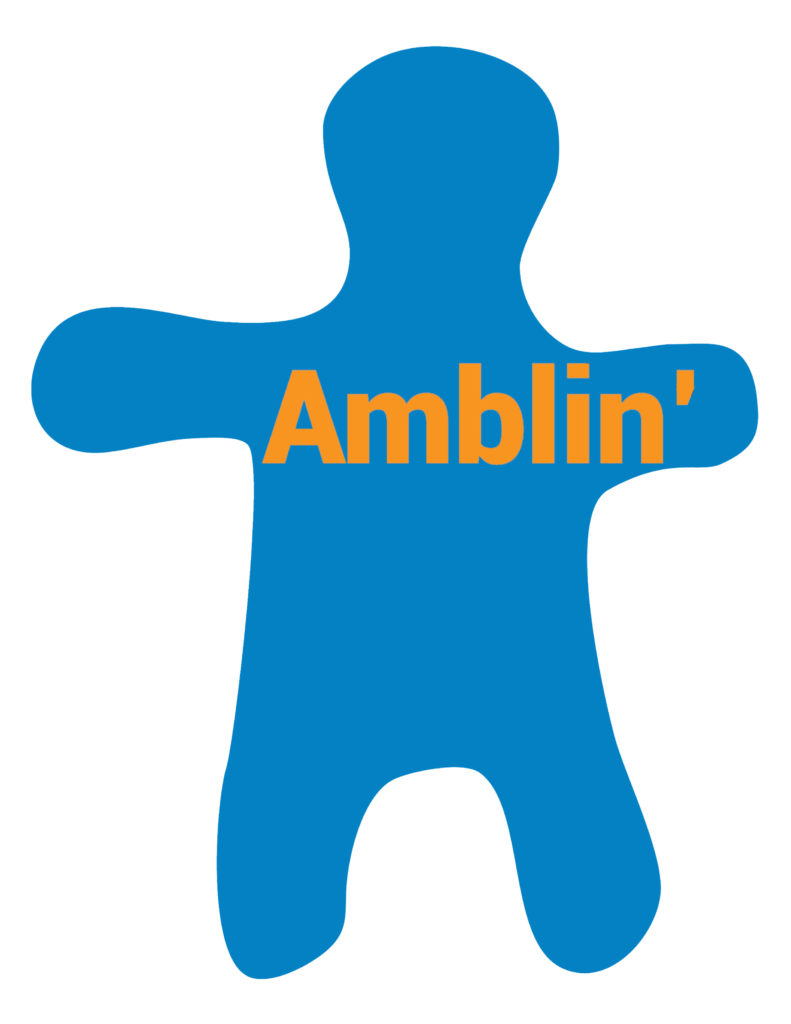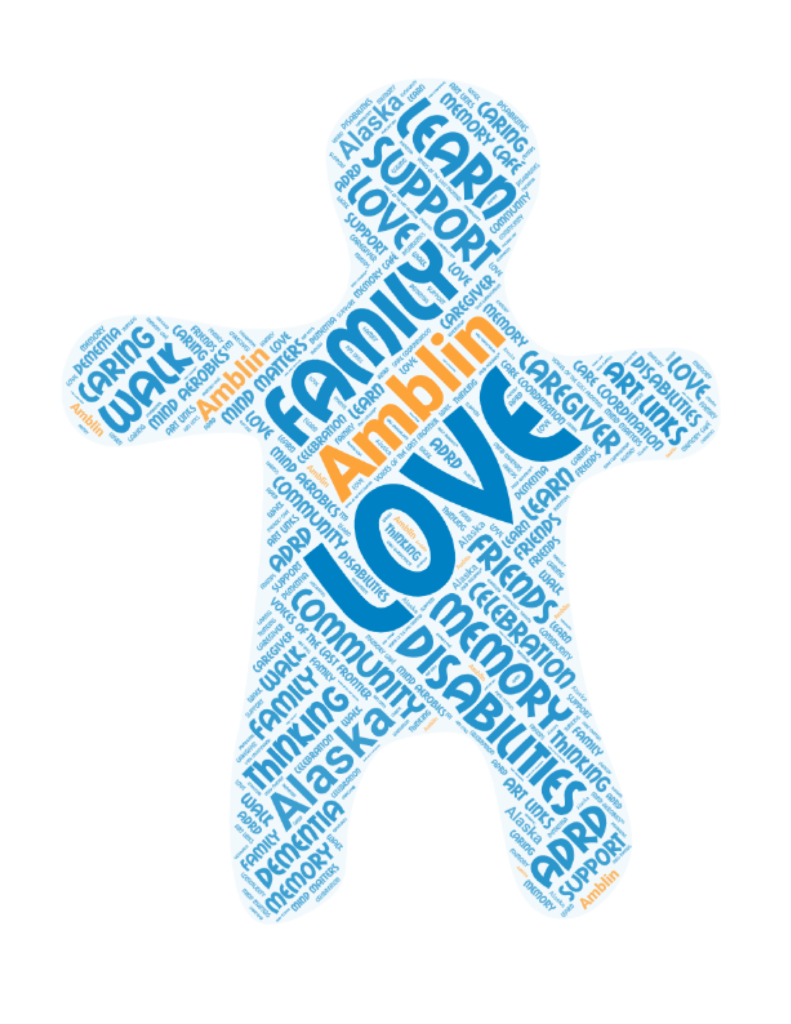Republished from Reitman Centre Team — originally published Dec 20, 2019
Hope found in dementia education and awareness
This is the second part of our discussion about the impact of stigma around dementia. In Part I, we explored the ways in which assumptions about dementia can have serious emotional and practical consequences for the person with dementia and their caregivers. Part II explores ways in which we can make small changes that will have a positive impact. The more we learn about the symptoms of dementia, and the best ways to communicate with someone with dementia, the less we draw on incorrect assumptions. As in Part I, I changed some details of the stories I share to protect the privacy of the people involved, but the issues remain the same.
The variability in dementia symptoms can be confusing and frustrating for caregivers and other people to understand. It can be strange to hear someone with dementia recall a fishing trip they took as a kid, but they can’t remember that you’ve told them three times that they have a doctor’s appointment tomorrow. Sometimes this variability makes people wonder if someone actually has dementia. This difference between memories for recent events or events from the past is related to how memory works in the brain– dementia impairs the storage of new information but may not affect retrieval of old information until later in the course of the disease. I find that the more caregivers know, the less stressed they feel. By the same token, the more we all know, the less we will fall back on stereotypes.
I find that the more caregivers know, the less stressed they feel. By the same token, the more we know, the less we will fall back on stereotypes.
We all have biases and beliefs—most people’s actions are influenced by stigma without even being aware of it. It makes sense that we feel uncomfortable if we don’t know how to talk to someone who is repetitive, impulsive, or confused. By noticing our discomfort we give ourselves the opportunity to change how we behave. We can educate ourselves about dementia and learn how to communicate respectfully. Withdrawing because of discomfort has the unintentional impact of isolating the person with dementia and their caregiver. We can intentionally show compassion through connection.
Ways that we can bring change
So what can we do about stigma about dementia as individuals, and as part of a community? The first step is learning about dementia and the impact of stigma so that we can act thoughtfully. We don’t intend to cause caregivers hardship, but sometimes that is the impact of our action or inaction.
As individuals, small gestures can help people living with dementia and their caregivers feel valued. Here are some actions we can consider:
- Invite and Involve: Invite people with dementia to take part in social events, even if they do not contribute very much to the conversation. People with dementia can still benefit enjoy the social atmosphere in a gathering.
- Stigma is reduced by direct contact with people with dementia.
- Talk With: Be mindful to talk with them, and not at them or around them.
- Stop Assuming: Try to notice when we are making assumptions about what someone can or cannot do.
- Consider Their Changing Needs: Brainstorm with the person who has dementia and their caregivers to find ways to adapt to changing needs so they do not get excluded.
- Encourage not Discourage: Dementia affects everyone differently, and we can encourage people with dementia to enjoy their strengths.
- Respect and Dignity Always: No matter what stage of the disease someone is at, we can appreciate them as the person they are, and treat them with respect and dignity.
We can also influence stigma as a community. There is evidence that connection to community supports and social networks has a positive effect on caregiver depression and burden. These social networks can be as small as a group of friends having coffee together, or as large as being part of a religious or spiritual group.
The community of support for people with dementia and their caregivers also includes professional services. Our program at the Reitman Centre, and our province-wide Enhancing Care program, is one such community. This is a unique clinical program that helps caregivers cope with the emotional effect of dementia, while offering education, practical problem solving, and communication strategies in a group format. There are many programs to provide services and support for people with dementia and their caregivers—it is worth looking into what is available in your own local region.
Small acts with big impact
As reviewed in Part I and Part II of our discussion of stigma around dementia, we see that assumptions can result in shame and isolation for people living with the diagnosis and their caregivers. There is no easy answer to combat the effects of stigma, but there are small changes we can make that will have a positive impact. By educating ourselves about the symptoms of dementia and acting in thoughtful ways, we can improve our ability to make people living with dementia feel included and connected.
Points to Consider from Part II:
1. Learning about dementia means fewer assumptions
Impact:
- If we understand the symptoms of dementia we feel more comfortable spending time with someone who is living with dementia
- When we learn how to communicate respectfully we can make people with dementia and their caregivers feel connected and supported
2. Small gestures to act thoughtfully instead of according to stereotypes
Impact:
- Decrease isolation by including people with dementia in social events, even if they are not active participants
- Improve connection by working with the person with dementia and their caregivers to accommodate for their changing needs
- Encourage people with dementia to enjoy their strengths by appreciating them as the person they are
3. Challenge stigma as a community
Impact:
- Caregivers have less burden if they are connected to social networks
- Provide community support through professional services, such as the Alzheimer’s Resource of Alaska.
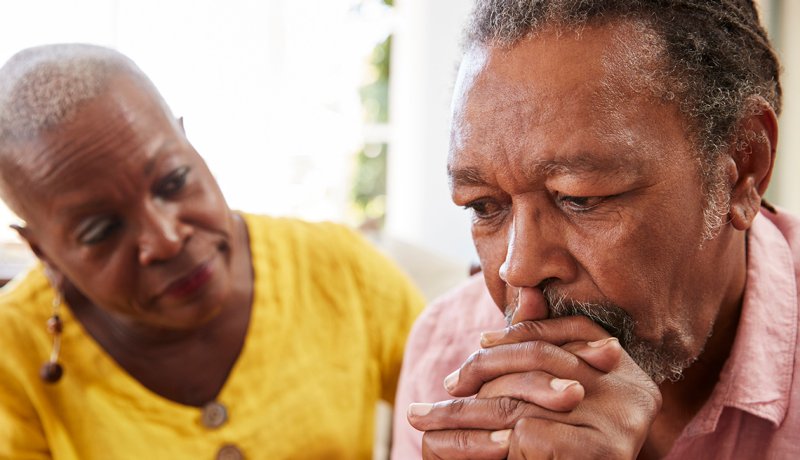
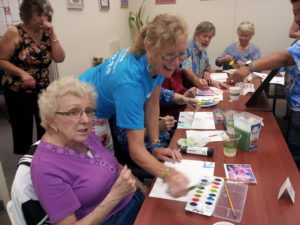

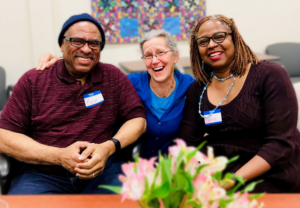
 Make a Payment
Make a Payment
